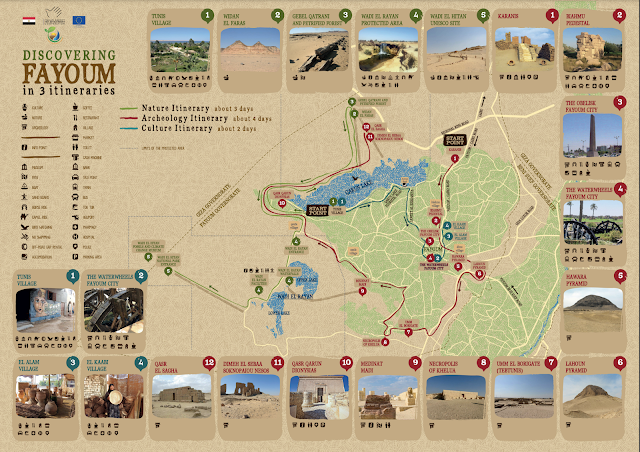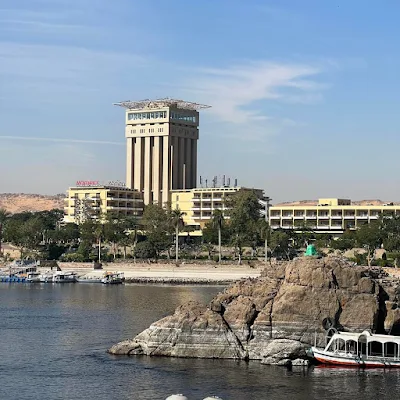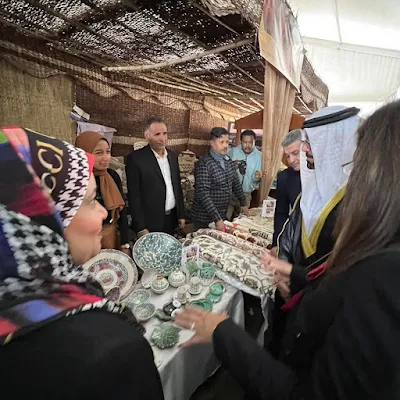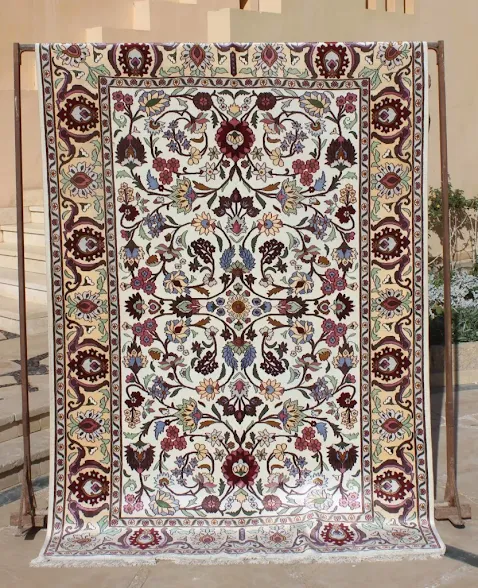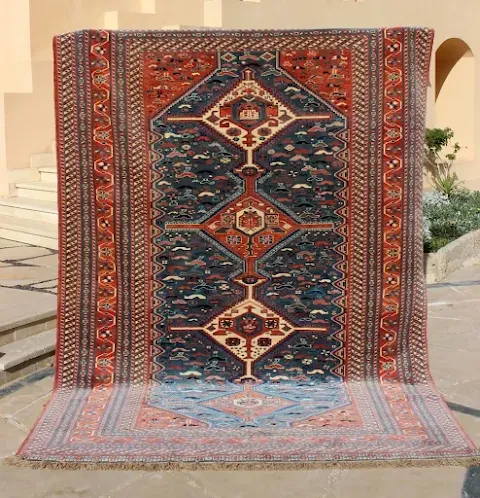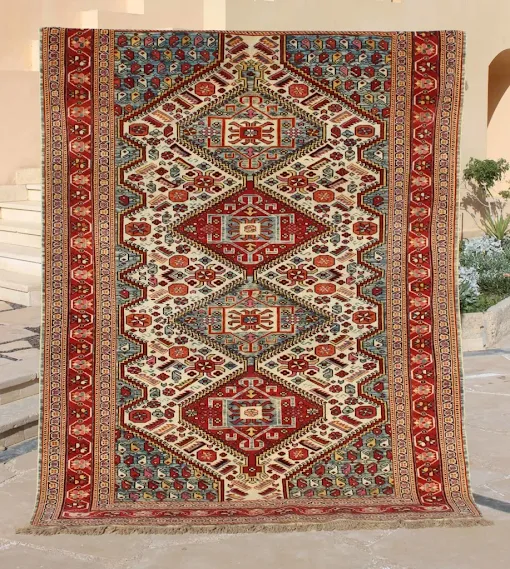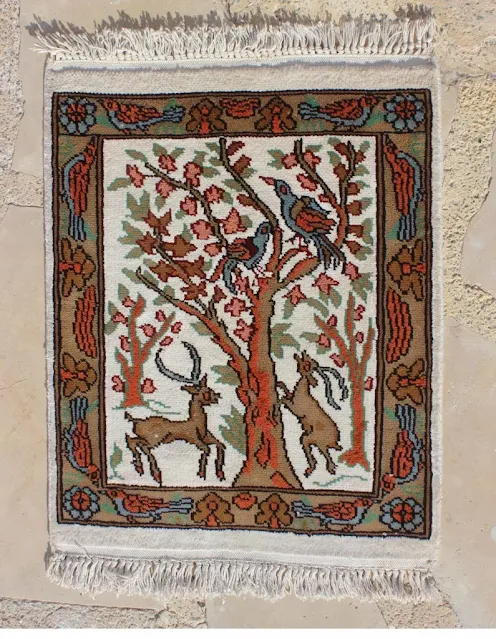FAYOUMI HANDICRAFTS
Under the auspices of the Ministry of Local Development, Fayoum Governorate participates at The Heritage Handicrafts Exhibition in Aswan which will last from the 8th till the 10th of December 2022.
Our exhibition features Basketry from the village of Elam, Pottery from Tunis village and carpets from Desya Village. If you are in Aswan, stop by the exhibition and meet the artisans and our researchers to know more about Fayoum.
“People go to the Tunis Village page on Facebook, where they learn about the fair, the hotels where they can stay and the transport they need to come to Fayoum. For us, however, the story of the fair cannot be properly told without going back to the story of Evelynne whose initiative helped give the tradition of pottery-making a whole new life and prospects,”
Nazla Pottery Village is located on a branch of Bahr el-Youssef Canal, which connects Fayoums’ farmers with the Nile, Nazla village lays in a natural valley around 30 km from Tunis Village. Local Potters located their workshops right at the small riverbed of one of the canals, using the river clay to produce their pottery.Textile manufacturing was known 5000 years B.C. in Fayoum. The instruments vary from very complicated machines to very simple manual looms.
There are three kinds of fabrics: the first is Natural fibers taken from plants and animals like the fibers taken from linen, Jute and Calyx. Other fibers are taken from animals such as: wool, the hair of the camel, goats and rabbits. The second is the Synthetic fibers like copper silk and natural silk. The third is fibers made from natural and synthetic fibers mixed together.
Desya Village, which is famous for its handmade carpets of silk and the traditional material of goblan, an industry which has recently gone into decline. It is also famous for the Famous Touristic Coptic monastery, known as Prince Tadharos, which was built in the 18th Century.
Khaltha hosts the Khalta House of Textiles. Khalta, is a small village on Lake Qarun, neighboring the better known village of Tunis. The women of Khalta decided to enter the patchwork business inspired by the pottery school that had tremendously increased the living standards of the people of Tunis. Ever since Swiss tailor, Doris Frei, has trained the women and together they established the Brand Khalta: Home Of Textiles. Currently they are constructing a green training center in the village to educate more women in the craft.

